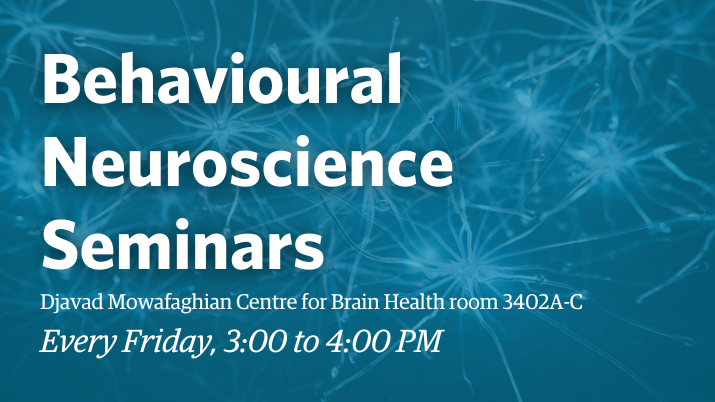

Dr. Heungsun Hwang joins us to share his insights and ideas on A statistical approach for accommodating both latent and composite variables.
Abstract
As social sciences become more interdisciplinary, there is an increasing need to simultaneously consider distinct types of constructs to understand human behaviour from diverse perspectives. Structural equation modelling (SEM) is widely used to examine theory-driven relationships between constructs, such as self-esteem, depression, socioeconomic status, etc. But, traditional methodologies for SEM make it difficult to model different kinds of constructs simultaneously: factors (also known as latent variables) need to be in a separate model from weighted composites of observed variables (also called components). As researchers have access to larger datasets collected in multiple modalities, they need to be able to accommodate factors and components into the same model. My colleagues and I recently proposed an SEM method, termed integrated generalized structured component analysis (IGSCA), to estimate such models. I will discuss the conceptual background of IGSCA and demonstrate its potential in real data applications with an investigation of the effects of multiple genes on depression severity. I will also briefly discuss ongoing extensions of the method and illustrate how to use it with the free, user-friendly software GSCA Pro.
Bio
Dr. Heungsun Hwang is a Professor of Quantitative Psychology at McGill University. He received a Ph.D. in Quantitative Psychology from McGill University. His research is devoted to the development and application of advanced quantitative analytics for the measurement and analysis of human characteristics, aspects, and processes. He is currently involved in the integration of statistics, psychology, and machine learning to incorporate individuals’ multifaceted (psychological, physiological, genetic, etc.) information for a better understanding and prediction of their behavioural and cognitive differences. He has served on the editorial board of numerous journals, including Psychometrika, Psychological Science, Behaviormetrika, and the British Journal of Mathematical and Statistical Psychology. Lab website: https://sites.google.com/view/hwanglab/
